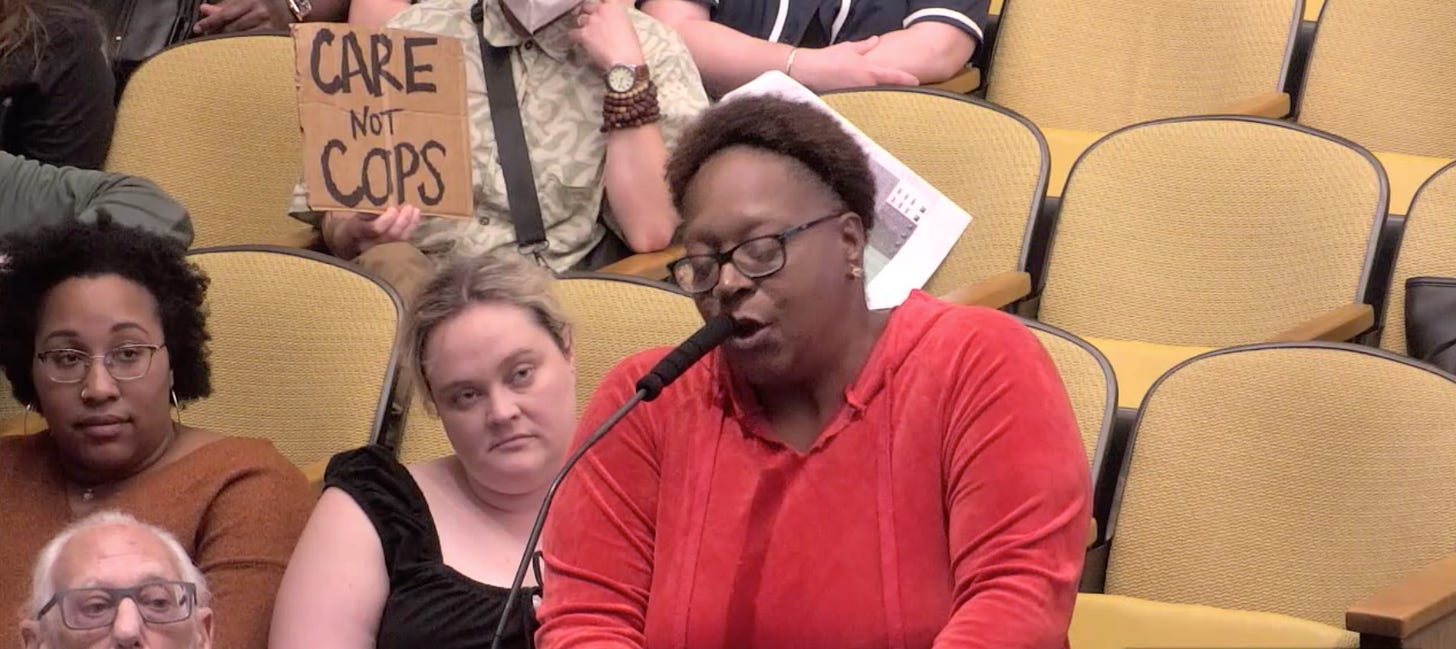Camping ban ordinance DOA
For months, city officials have been working behind the scenes on an ordinance designed to make “sleeping or lying down” on city property illegal. The reveal did not go so well.

According to Charlottesville Police Chief Michael Kochis, the process of coming up with a "camping ban" ordinance began in April with individual conversations with city councilors, the formation of a working group of city officials, and a directive for the city attorneys office to draft the ordinance, but as Councilor Lloyd Snook said during a reading of the new ordinance before City Council on Tuesday evening, he'd only seen it for the first time over the Labor Day weekend. Indeed, there was no public announcement about the proposed ordinance, and the first local news report about it appeared on Saturday. Still, that was enough time for opposition to the proposal to gather steam, and City Hall chambers was packed with people almost entirely opposed to the new ordinance.
"The way this proposal came about was incredibly disres…


